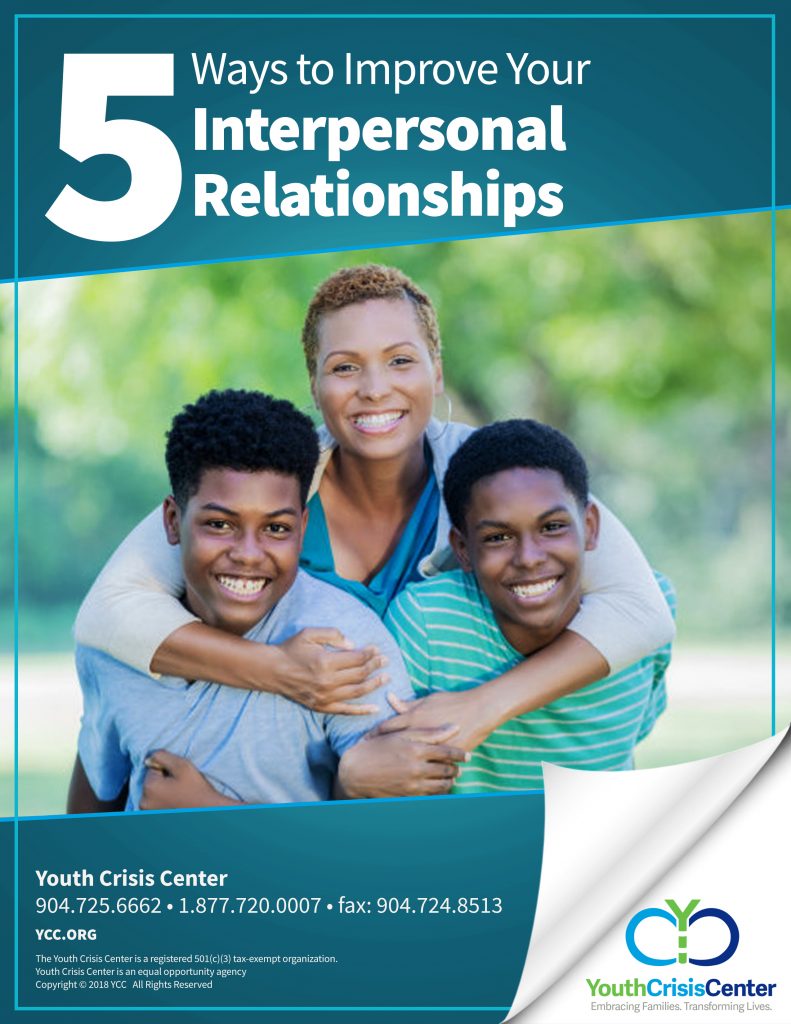It can be easy for one to get caught up in work. Someone could find themselves so wrapped up in their work that they probably miss lunch, stay late, or even bring their work home. Sometimes it happens to the best of us, but it could lead to workplace burnout when it happens consistently.
What is workplace burnout?
According to Mayo Clinic, “job burnout is a special type of work-related stress.” Experts at the Youth Crisis Center believe racing thoughts, an inability to focus, headaches, or even agitation could be stress indicators. The Mayo Clinic even suggests you asking yourself several questions:
- Have you become irritable or impatient with co-workers, customers, or clients?
- Do you have a hard time concentrating?
- Do you drag yourself to work and have trouble getting started?
Similar to your physical health at work, there are ways you can take care of your mental health while at your office. Some people enjoy standing up at their desks or taking frequent walks to keep their body for their physical health. For your mental health, taking small breaks that do not fully distract you from your work and stepping away from your desk to take a quick walk could be beneficial. Experts at the Youth Crisis Center believe this is just one of the many ways you can take care of yourself and avoid burnout while on the job.
Prioritize
Experts at the Youth Crisis Center believe prioritizing can be beneficial. Human Resources Manager Kristen Wendle recommends communicating with your supervisor about setting realistic deadlines. She also suggests setting a to-do list to keep organized where you can map out what needs to get accomplished when it’s due and how you plan to achieve the task. If you’re able to prioritize your tasks, it could make it easier for you so you’re not stressing over many different projects all due at one time.
Personal Time
If you have some PTO saved up, it is recommended that you use it when you need it. Therapists at the Youth Crisis Center encourage workers to take days off even when they’re not sick or have an appointment. Taking mental health days is just as important as staying home from work because you’re sick. Human Resources Manager Kristen Wendle says, “if everyone is going 100 mph, people aren’t putting enough focus on themselves to take a breath, relax, and address anything that is going on internally.” Taking time off from work could not only help someone bring down stress, but it could also help them in the long run at work by being able to spend time away from it to recharge.
Leave Work at Work
This tip goes well with the previous ones. You don’t want to bring work home unless you have to. If you’re constantly bringing work home, it could blur the lines between the office and your personal space. During the work-from-home orders, therapists recommended having a set space at your home dedicated to work. It would be best if you didn’t focus on work when you’re outside of that space or focus on home while you’re there. Having boundaries can be very helpful in this case, so focus on work while doing work things free of distractions and interruptions. However, if you don’t have boundaries and cannot create a space for work at your home, you may find it constantly on your mind or worrying tasks that can wait until the next time you’re working. This could put a strain on mental health, but it could also impact relationships because it may keep you away from your loved ones.
Youth Crisis Center’s Outpatient Behavioral Health Program
The Youth Crisis Center was founded in 1974 as Florida’s first run-away program and has grown to be one of the largest and best-known providers of services for youth and families. Nationally recognized as setting a standard in youth services, YCC has been ranked as one of the top five programs in the United States by the Youth Policy Institute in Washington DC. Throughout the past 45 years, YCC has helped thousands of youth and their families overcome adversity and build stronger relationships.
One of the several programs, YCC offers is Outpatient Behavioral Health. This program provides comprehensive mental health and psychiatric care to kids as young as three and their families. Parents may also receive individual and family counseling regardless if their child is a client at YCC.


